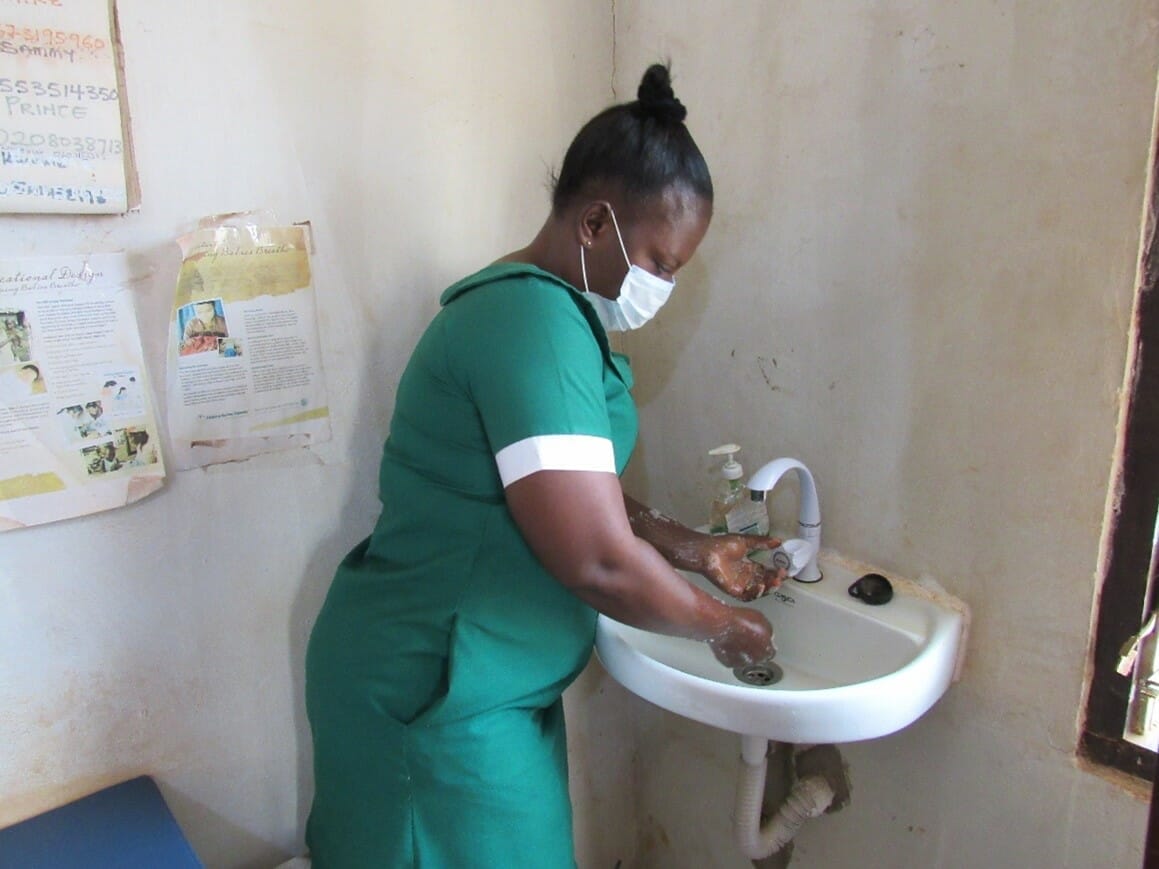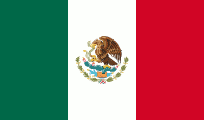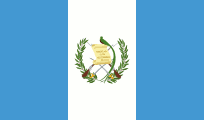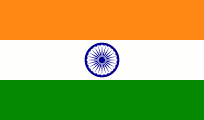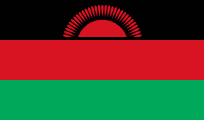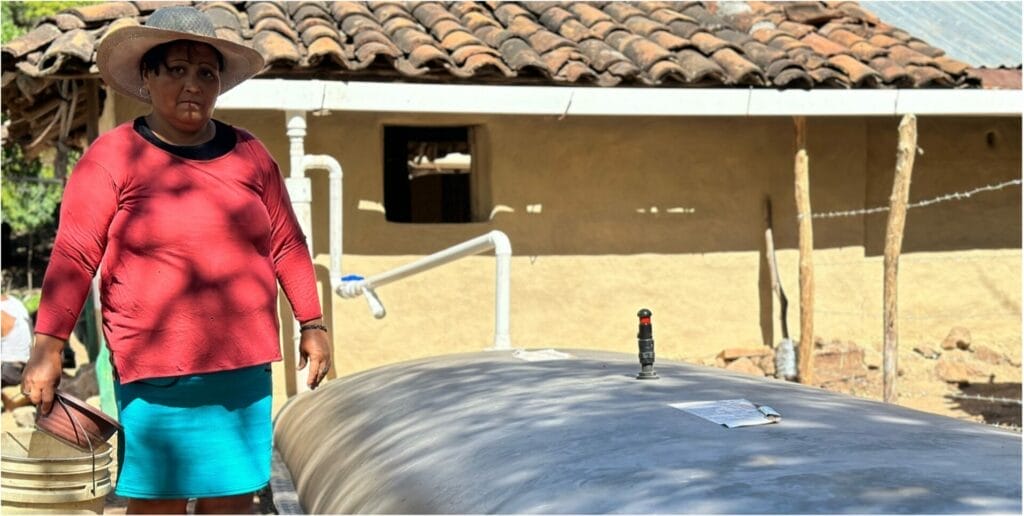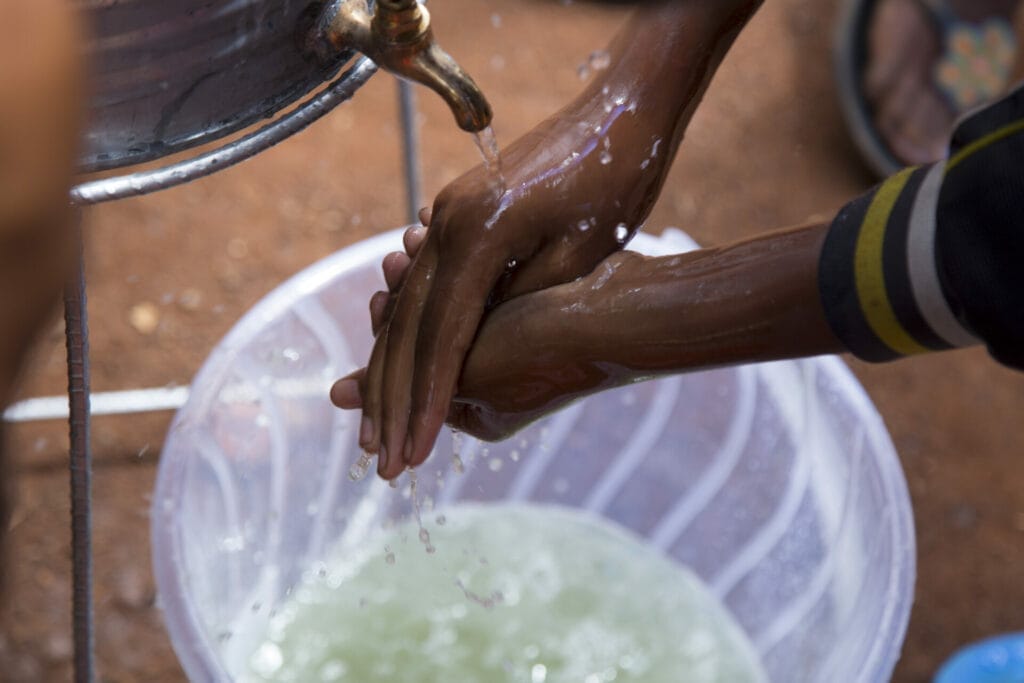The global pandemic that began in early 2020 wiped out significant gains across development indicators, including health. Major gaps in access to health care mean millions of people die unnecessarily each year from preventable yet life-threatening diseases. Emerging health challenges, including pandemics as well as urbanization and non-communicable diseases, place increasing strain on communities and health systems.
Global Communities partners with governments, the private sector, civil society and families to promote healthy lives and achieve sustained well-being among the most vulnerable populations across all ages. We provide technical assistance that strengthens community health, nutrition and water and sanitation systems and services to be more responsive to client needs and adapt to changing contexts.
We enhance health by:
- Increasing equitable access to primary health care
- Increasing access to sustainable sanitation and water supply
- Improving quality health, water, sanitation and hygiene and nutrition service delivery
- Promoting better care-seeking practices and adoption of healthier household behaviors
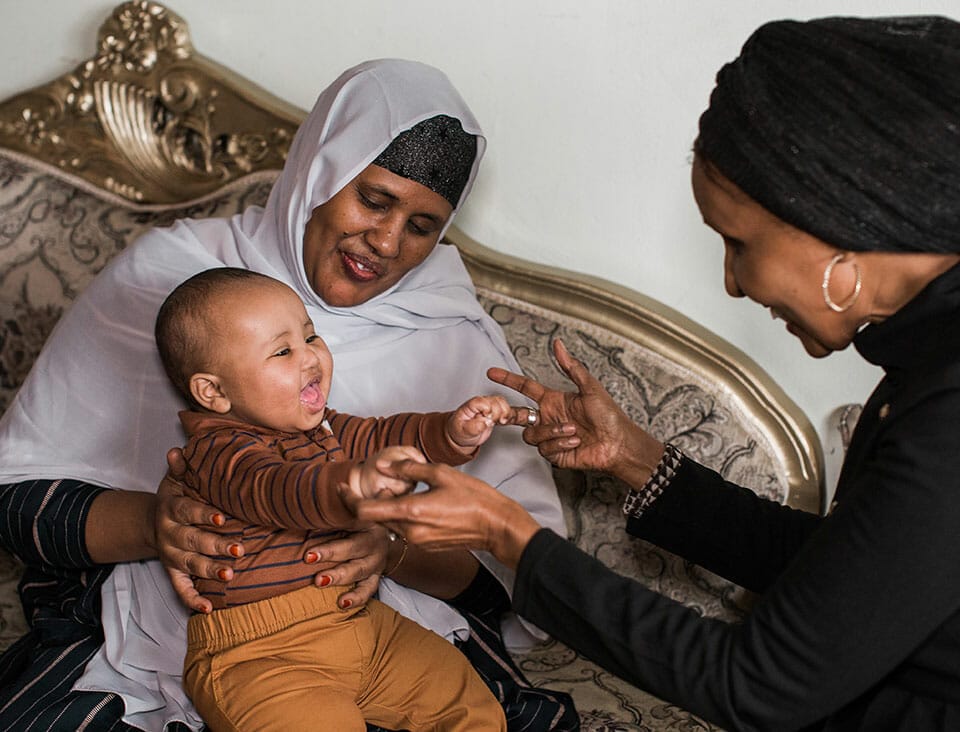
Maternal, Newborn & Child Health, Reproductive Health & Family Planning
Our maternal, newborn and child health, reproductive health and family planning programs strengthen health systems to equitably deliver high-impact interventions with quality respectful care, increase community demand for quality services, promote healthy practices, and strengthen health leadership and governance for stronger health systems.
Our community-driven and family- and person-centered strategies are grounded in and continue to evolve alongside evidence of best practices and the needs of the communities we partner with. We strive for a multi-sectoral and life-course approach through a robust primary health care system to improve health outcomes for mothers and babies.
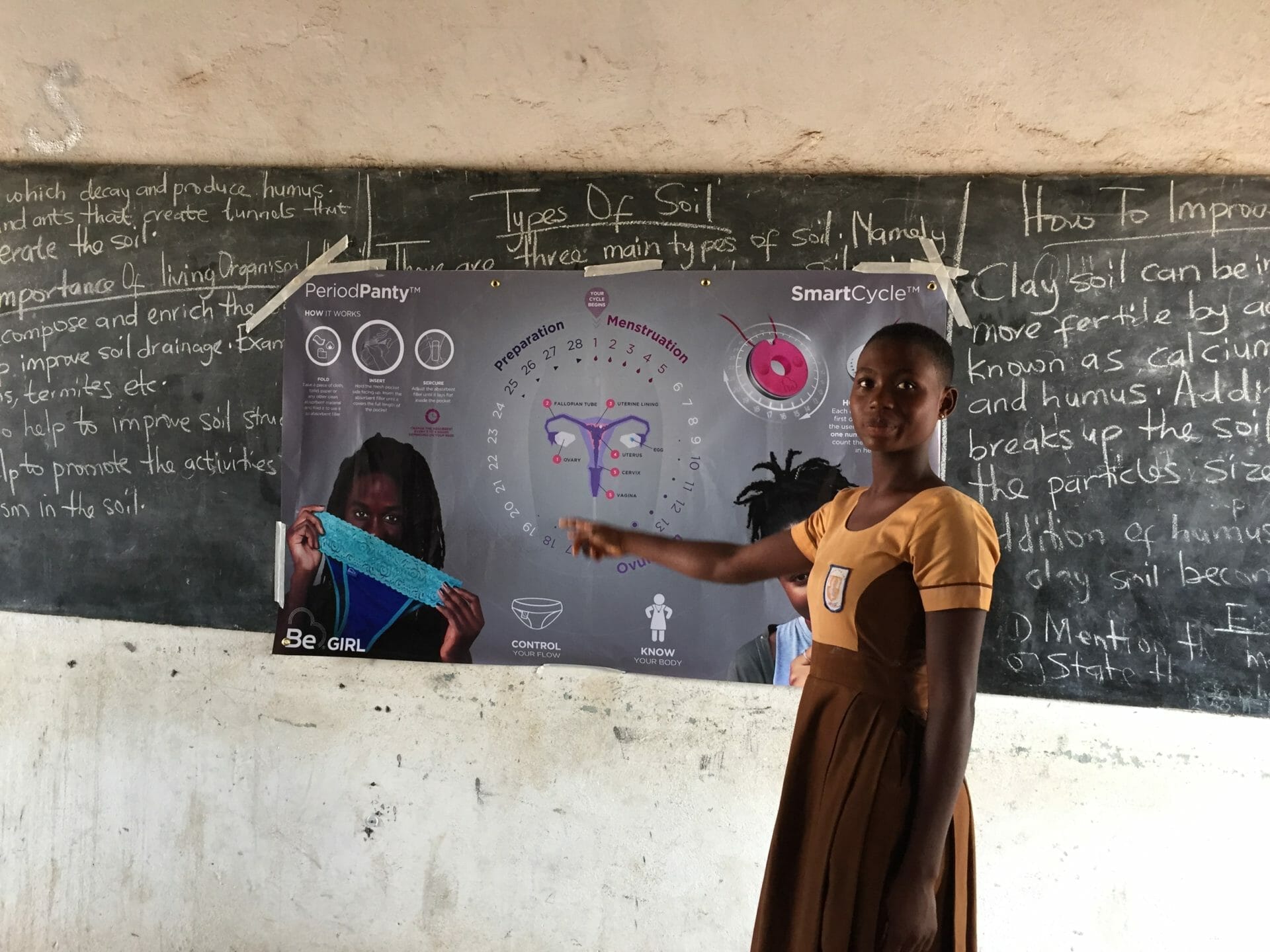
Adolescent Health
Grounded in positive youth development, our adolescent health projects help to realize the rights of adolescents by investing in their health, development and well-being to ease the transition to adulthood. Our programs reduce rates of HIV among adolescent girls, provide psychosocial support for youth in conflict-afflicted regions, support first-time parents, aim to end child marriage and support youth in continuing their education so they reach their fullest potential.

Nutrition
Our nutrition initiatives address the immediate, direct determinants of maternal and child nutrition with evidence-based approaches that are integrated or bundled with one another, tailored to the local context, and delivered through local health, food and education systems and structures.
We implement a broad range of evidence-based nutrition-sensitive interventions that indirectly impact nutrition outcomes, address underlying and systemic causes of malnutrition that influence outcomes related to food, health and care, with the potential to enhance nutrition-specific interventions' coverage and effectiveness.
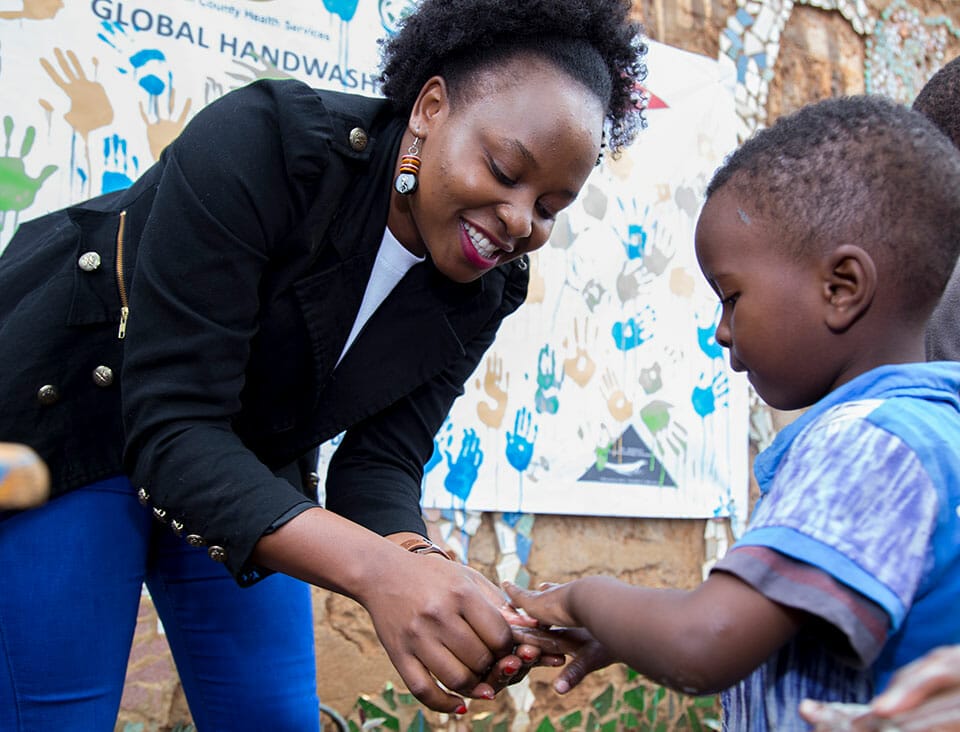
Sanitation & Hygiene
Access to clean water and safe sanitation is a matter of life and death for the hundreds of thousands of young children each year who face diarrheal diseases and long-term health consequences like stunting and undernutrition that are directly linked to open defecation. In addition, the health effects of the global COVID-19 pandemic have been further magnified for the millions of families who lack basic hand-washing facilities, soap or water at home.
We are committed to advancing the goal of universal access to clean water and sanitation. Our work includes helping build strong local systems that link communities and households to sustainable water, sanitation and hygiene (WASH) services.
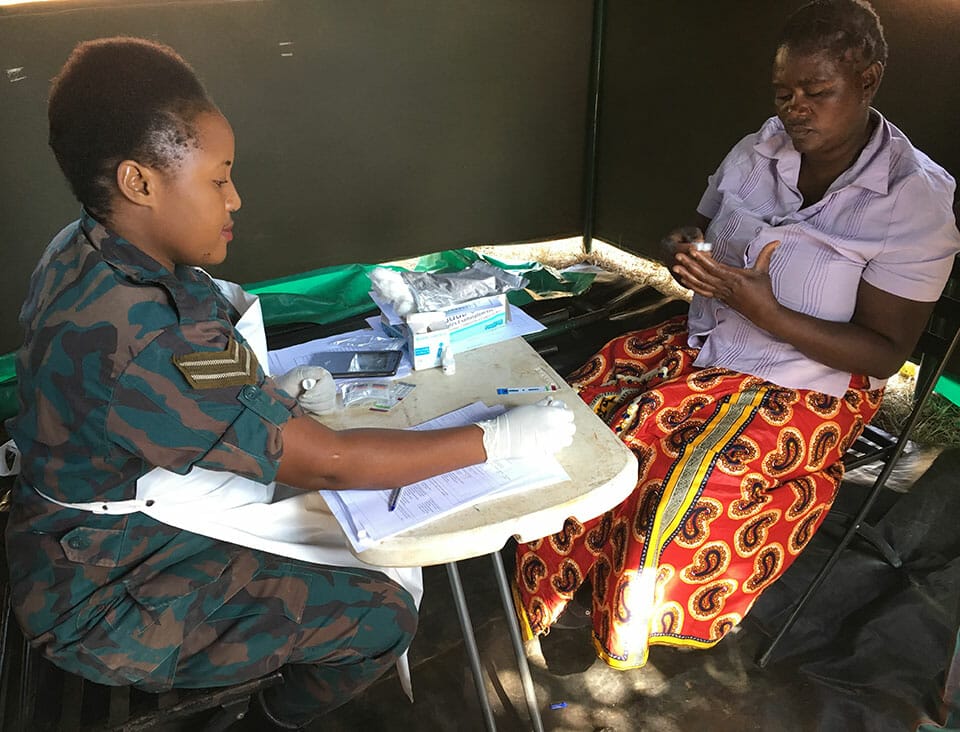
HIV/AIDS & Infectious Disease
For decades, Global Communities has been a leader in the fight against infectious diseases, including HIV/AIDS and its co-morbidities, tuberculosis, malaria, polio, Ebola and neglected tropical diseases such as Lymphatic Filariasis. We work with governments and local partners to end the HIV epidemic by expanding access to evidence-based testing, treatment, care and support.
We implement social mobilization and behavior change activities to increase the consumption of anti-filarial drugs to eliminate Lymphatic Filariasis. We also support systematic planning of health systems – or micro-planning – and capacity building of frontline health workers to help increase community acceptance of the polio vaccine.
Our work in this area reaches
Resources
Research & Publications
Adapting Health Systems to Protect Children from the Impact of Climate Change: A Series
Prepared by The Child Health Task Force, Global Communities, and UNICEF The “Re-imagining the Package of Care for Children” series, co-hosted by the Child Health Task Force, Global Communities, and UNICEF, provided a platform to foster important discussions on how to adapt health systems to protect children from the challenges posed by the climate crisis.…
Translated Resources
Reabren los comedores escolares guatemaltecos tras el cierre de COVID-19
Por primera vez en casi cuatro años, vuelven a prepararse comidas escolares en las cocinas de las escuelas guatemaltecas tras su cierre total o parcial a causa de la pandemia de COVID-19. Este es un hito importante para el Programa Internacional McGovern-Dole de Alimentación para la Educación y Nutrición Infantil, UNIDOS, del Departamento de Agricultura…
Briefs & Case Studies
Special Study on Migration for the MCGOVERN-United States Program
Unidos is a project funded by the United States Department of Agriculture (USDA) McGovern-Dole International Food for Education and Child Nutrition Program that aims to improve school-age children’s literacy, increase the use of health and nutrition practices, and improve the effectiveness of food assistance through local and regional purchases. Global Communities with sub-recipient Save the…
Briefs & Case Studies
Mobilizing Community Action And Health DataSystems To Combat Covid-19 In Botswana
TECHNICAL BRIEF In January 2020, the World Health Organization (WHO) declared the coronavirus outbreak a Public HealthEmergency of International Concern and a pandemic. Botswana experienced local transmission of the disease, prompting the Government of Botswana, through the Ministry of Health, to develop a national deployment and vaccination plan for COVID-19. Recognizing the low vaccine uptake…

